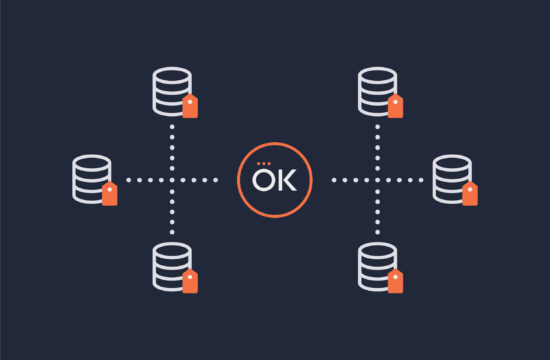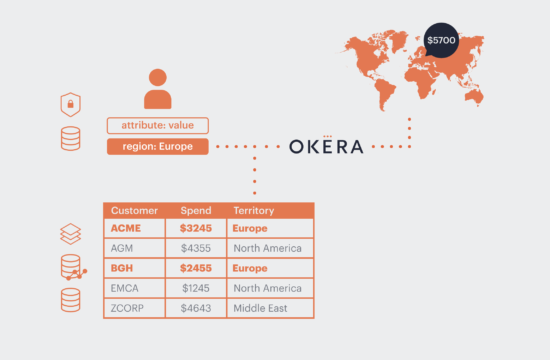Okera, the leading active data management solution that enables companies to discover, audit, and protect data at scale, today made its industry predictions for 2020. Okera co-founder Amandeep Khurana discussed what he sees as the trends that will have the most impact on data governance in 2020, including increased reliance on multi-cloud, the arrival of new privacy regulations, and the continued growth of data lakes.
“The outwardly conflicting demands to move to the cloud while ensuring the ability to comply with evolving privacy regulations has made data governance a C-level conversation,” said Khurana. “The result is an unprecedented shift in thinking about how to protect and govern data. 2020 will likely be a transformative year in the development of new governance strategies and new technology offerings.”
Khurana has made the following predictions for 2020:
- More companies will migrate to the cloud with a multi-cloud approach. Multi-cloud is being fueled by several factors including avoiding vendor lock-in, finding the right cloud for the right workloads, and optimizing for cost. “Cloud migration is no longer an ‘if’ — it’s a ‘when,’” added Khurana. “Companies are getting much smarter about it. The available cloud services are not at all identical, so finding the right one for a particular task is essential, as is avoiding lock-in.”
- More enterprises will have production cloud data lakes. With the maturation of the technology stack overall and more ML frameworks becoming mainstream, the cloud data lake trend, which began a few years ago, will continue to accelerate. We’ll see more enterprises with production data lakes in the cloud running meaningful workloads for the business. This trend will pose more pressure on the data privacy and governance teams to make sure data is being used the right way.
- With the California Consumer Privacy Act (CCPA) taking effect in January, concerns around privacy and data security are intensifying even further. And that isn’t the end of it. Other states, such as New York, are looking to enact their own privacy regulations, and there are even grumblings at the federal level. “In 2020, we will almost certainly see more and potentially larger fines related to privacy regulations such as GDPR and CCPA, which will force nearly every enterprise to reassess its governance and security strategy to avoid the costs and potential brand damage of non-compliance or a major data breach,” added Khurana.
- Data Discovery will be a key area of technology investment for enterprises. The first thing most data infrastructure and privacy teams are going to invest in solving for privacy regulatory compliance will be tools to discover where sensitive data lies in the enterprise. We’re going to see a broader interest in data discovery solutions that can detect sensitive data so that it can be protected and governed.
- Consolidation of analytics and machine learning companies. We’re more than a decade into a massive transformation in the world of data platforms, analytics, and machine learning, and some winners are emerging. This year, we’ll see a consolidation of companies and technologies via acquisitions as well as the merger of projects and initiatives. It’ll be the beginning of the trend of consolidation that will likely accelerate into 2021.



